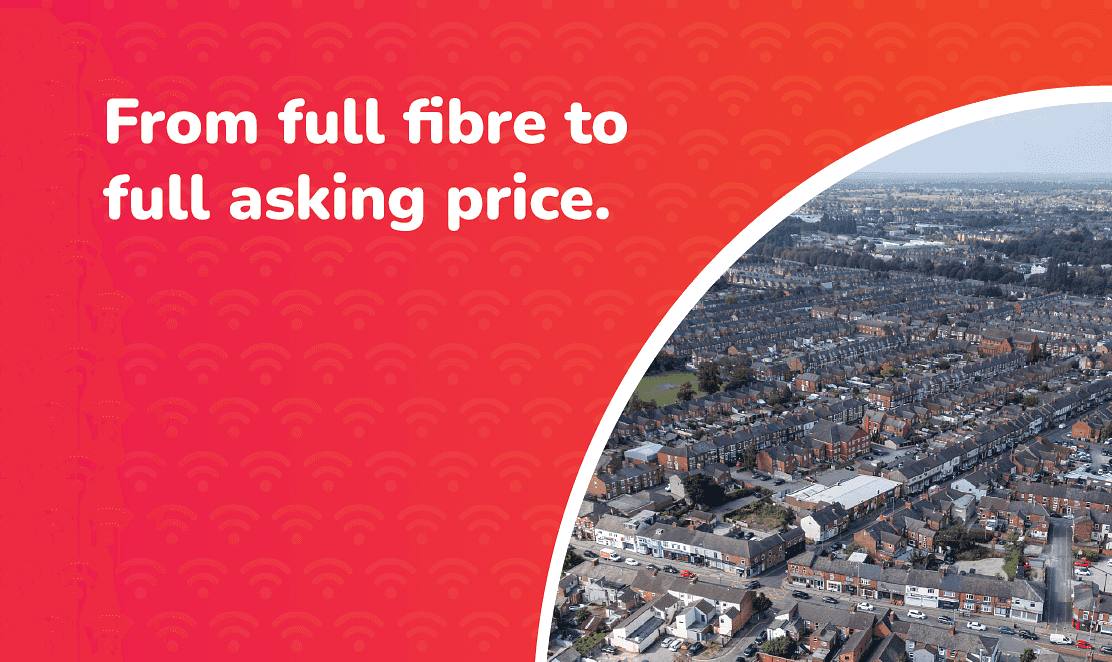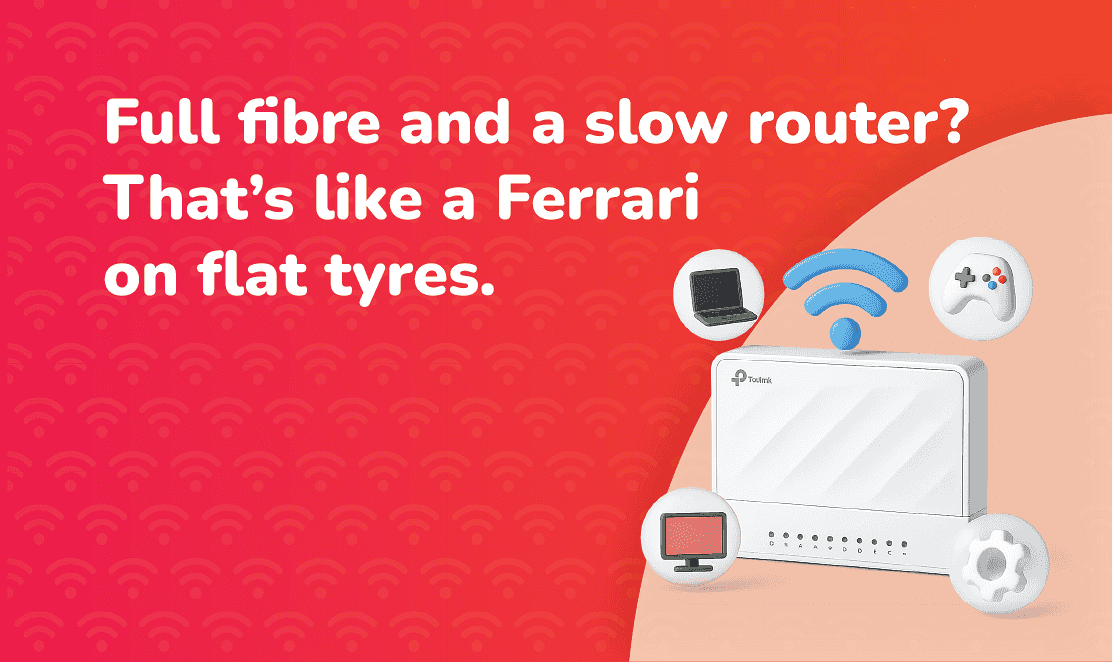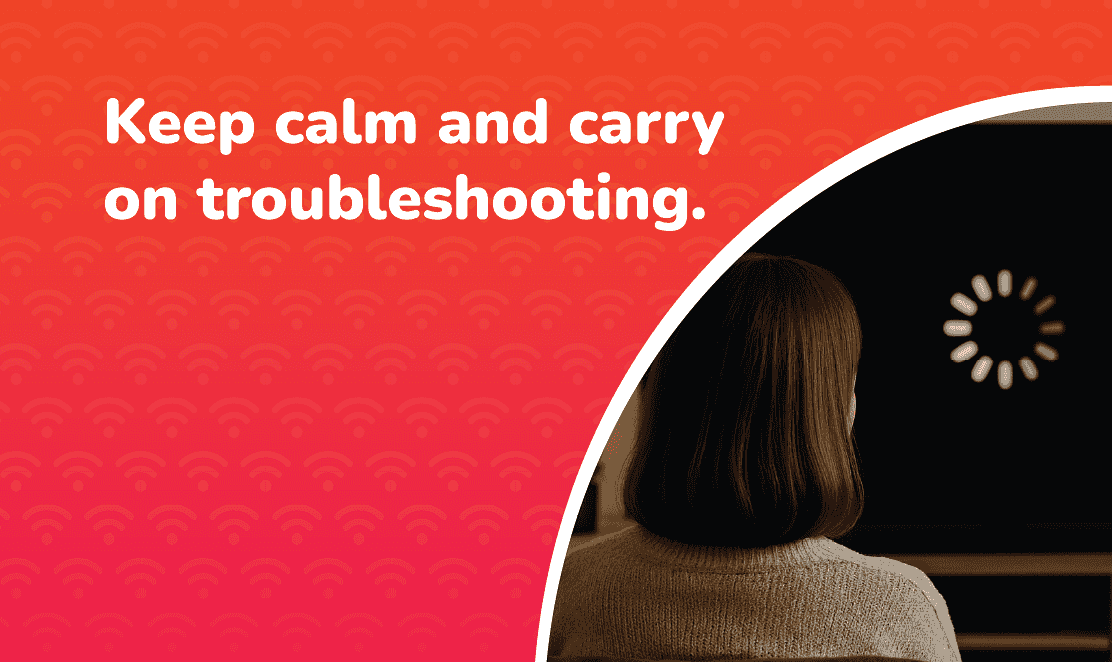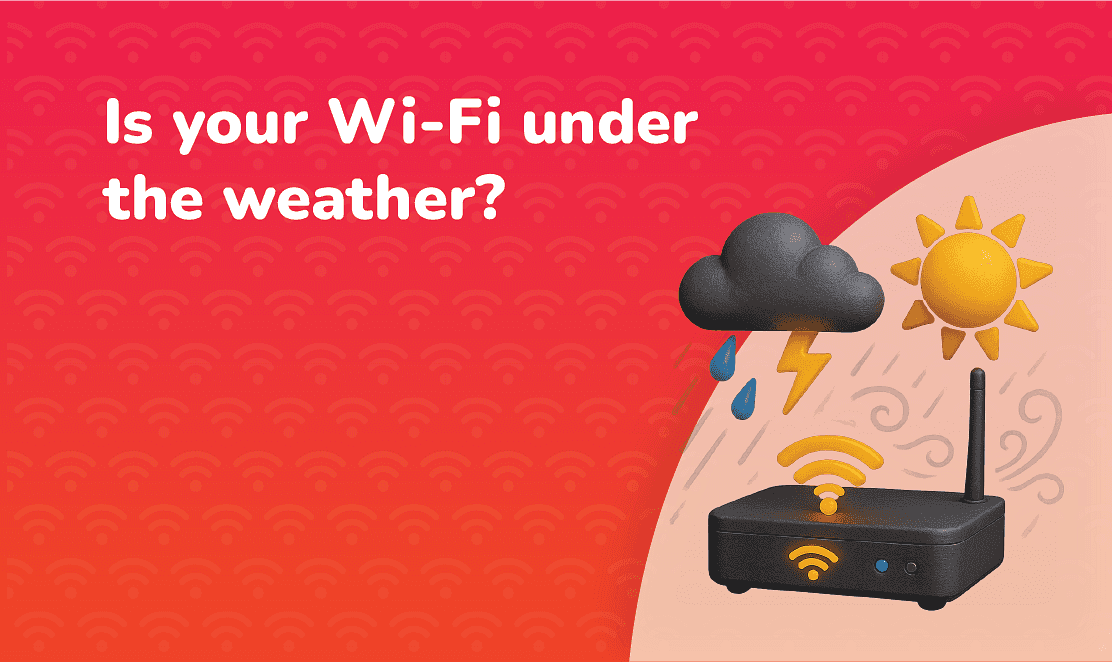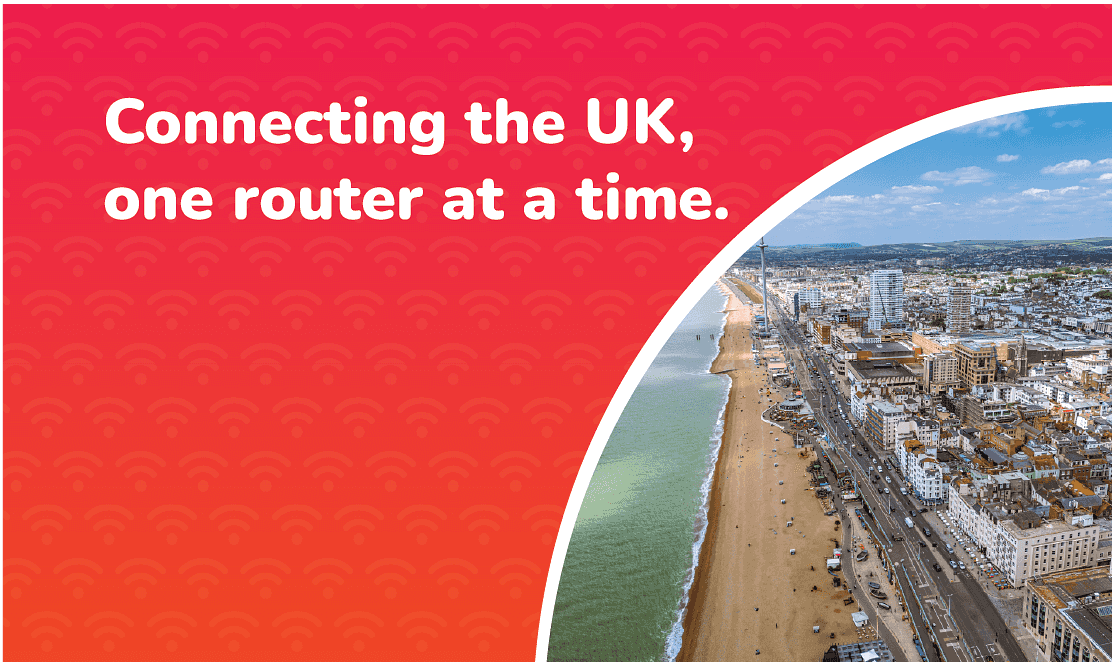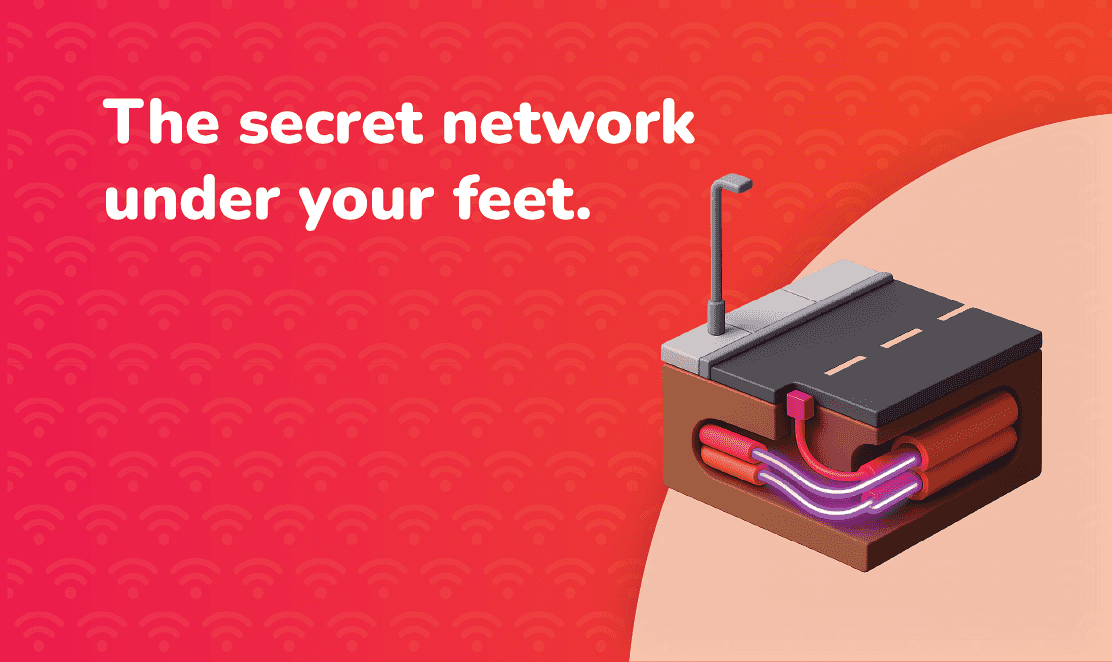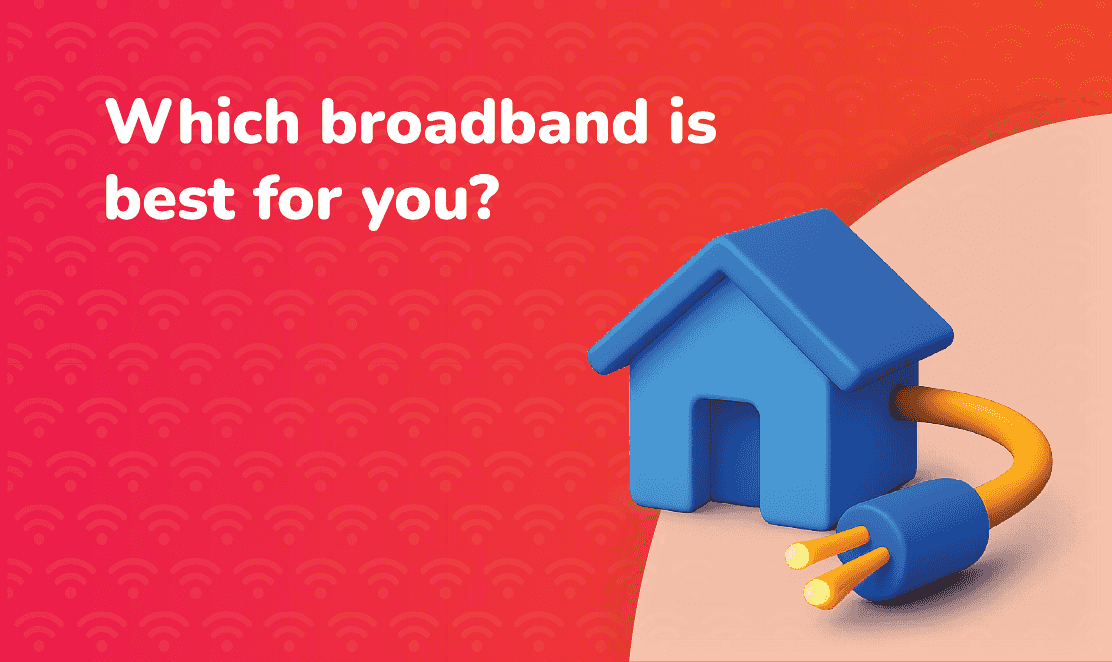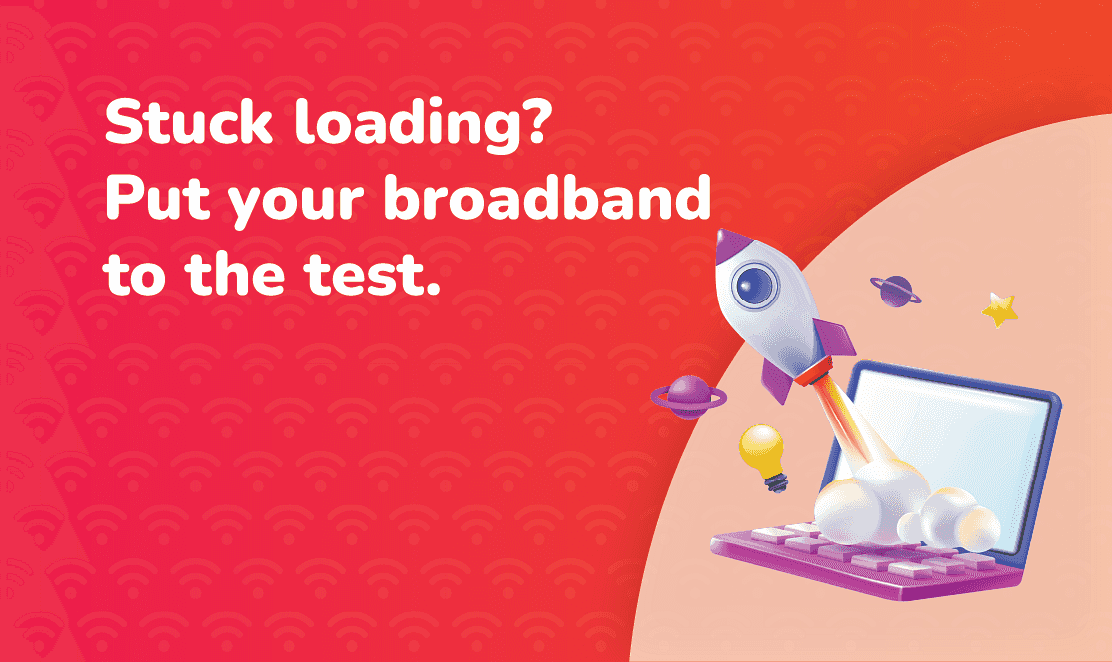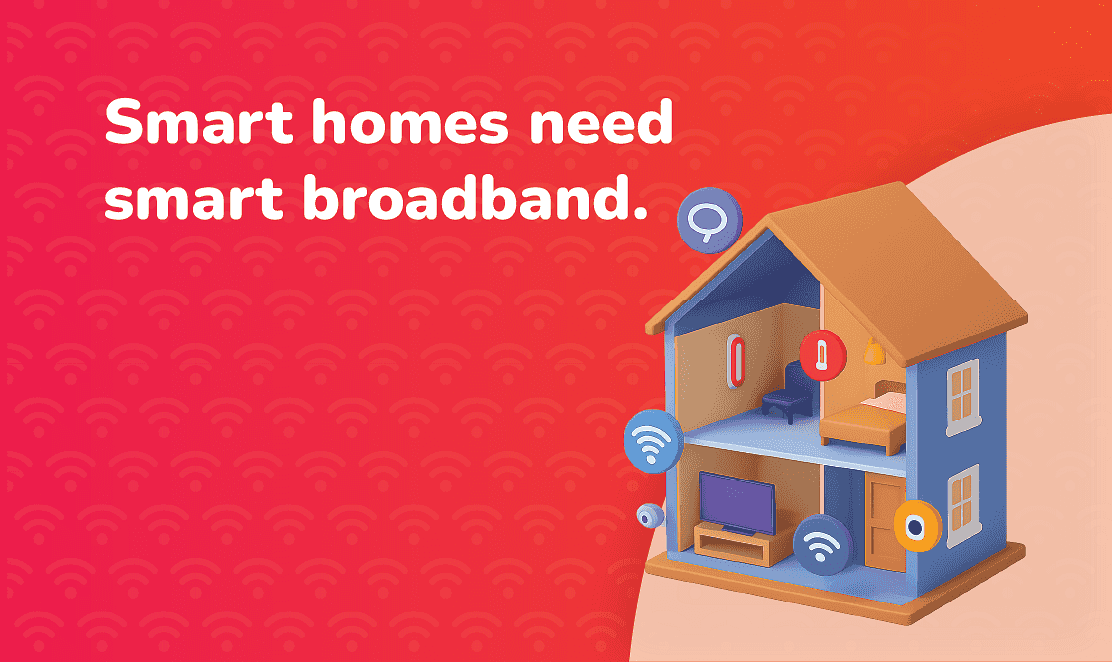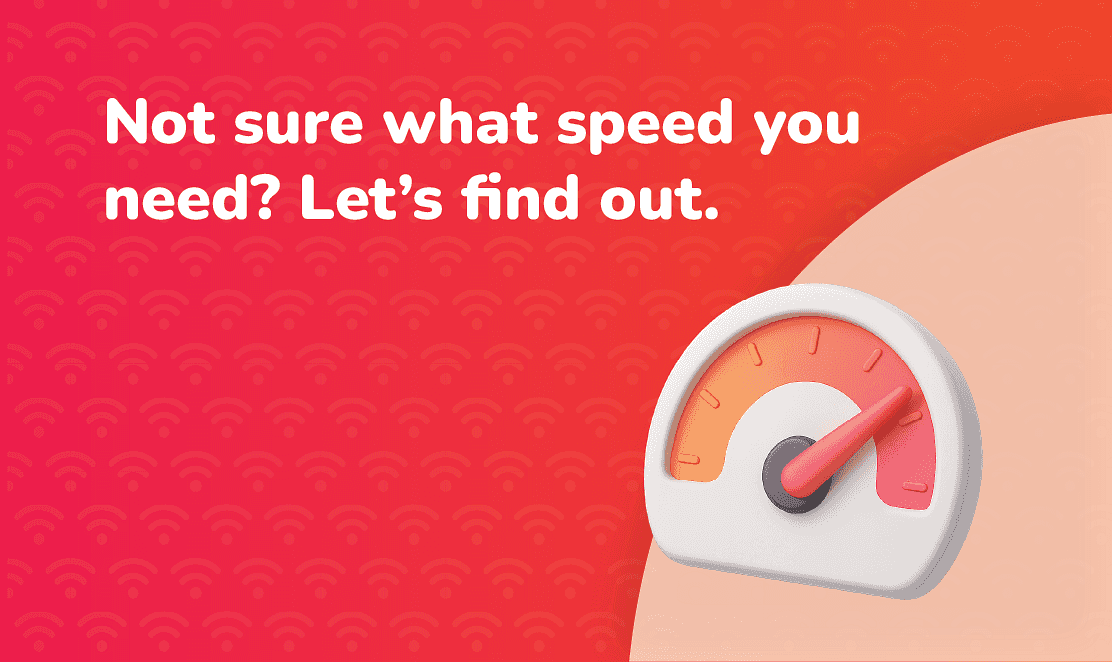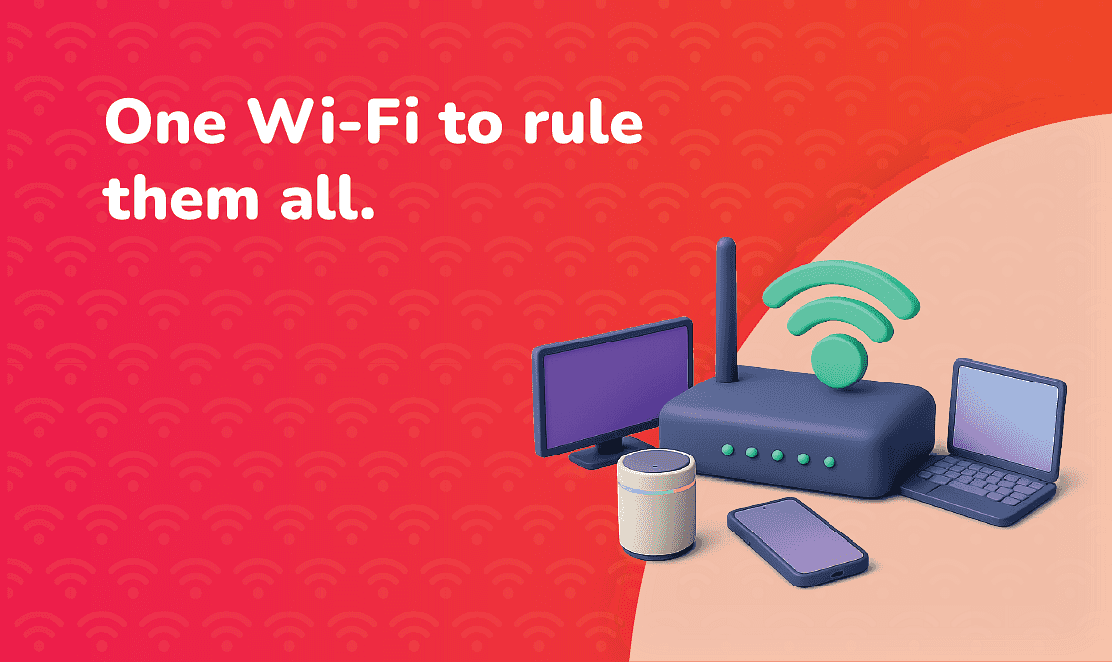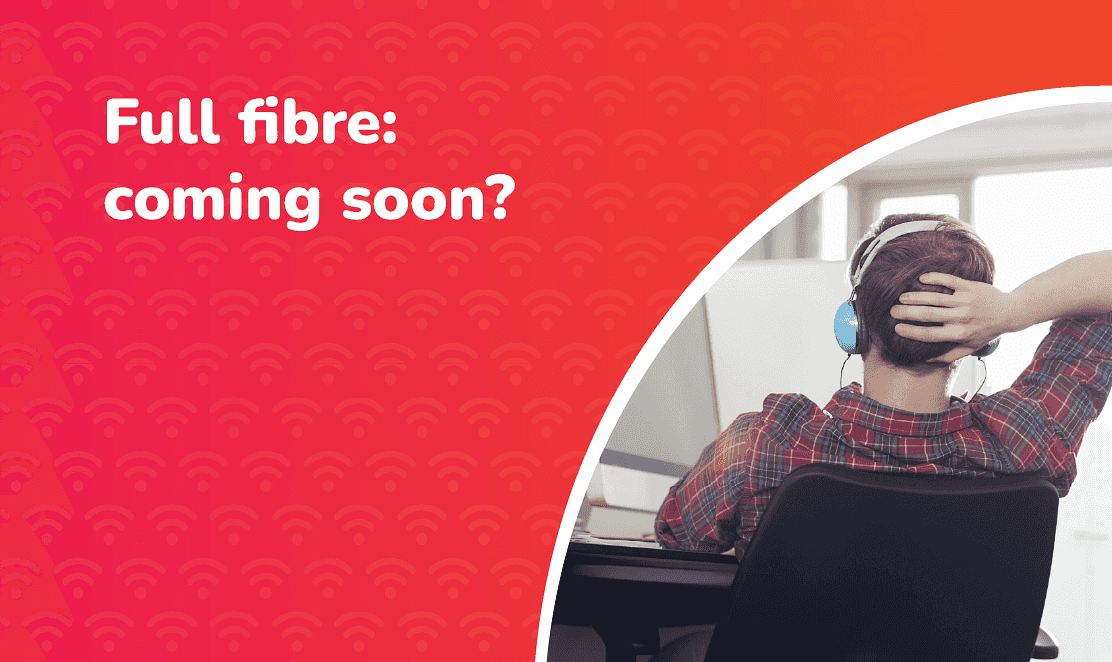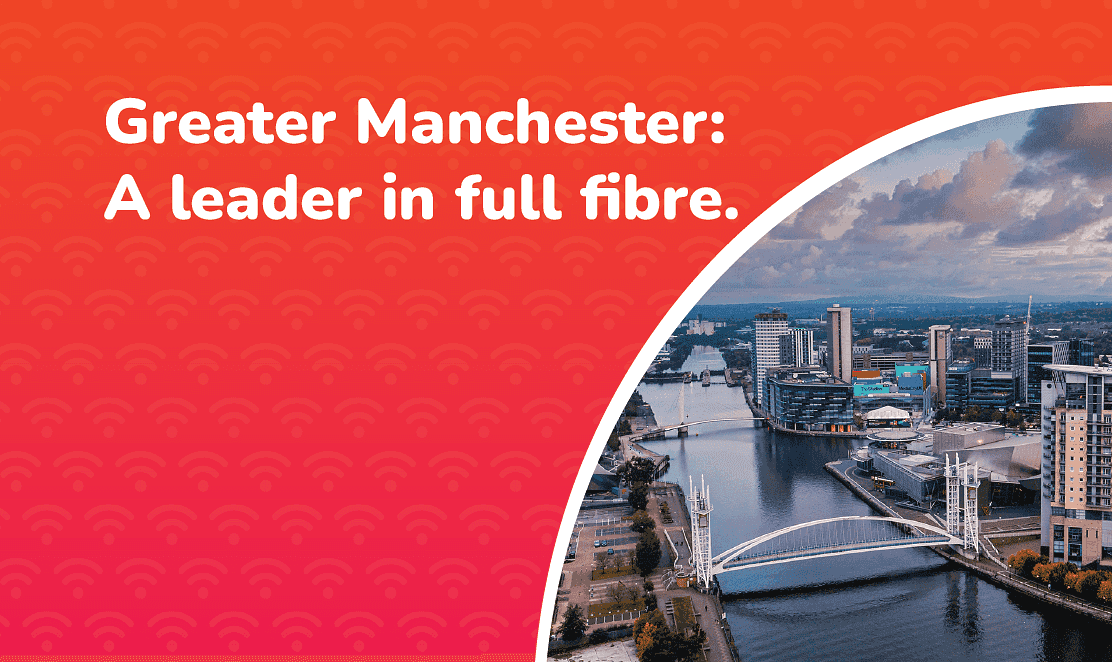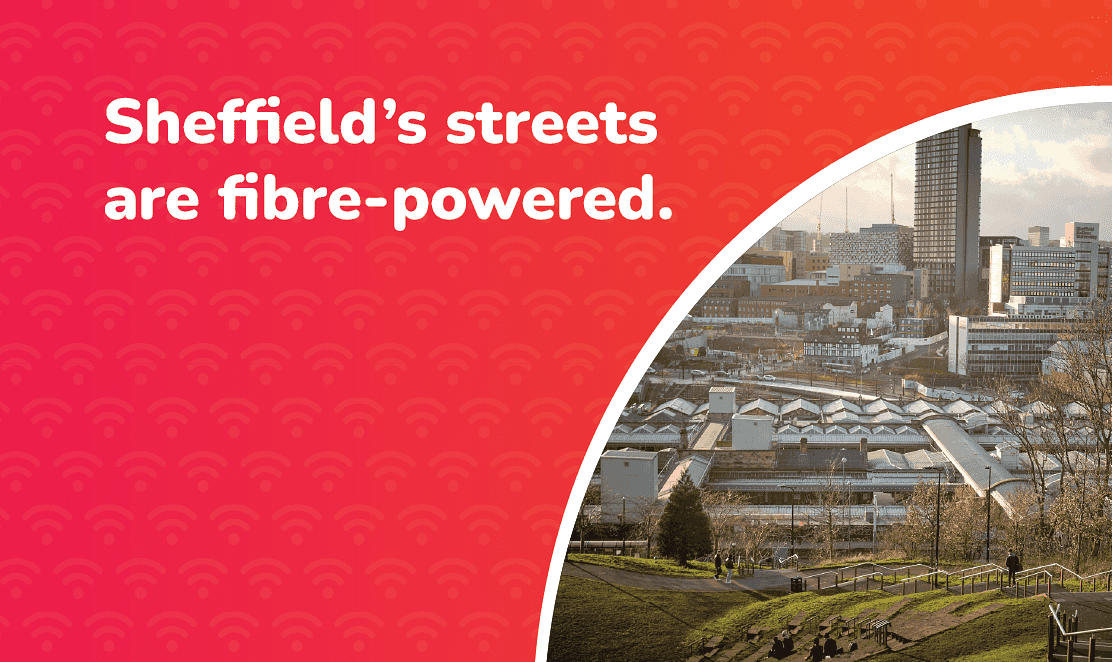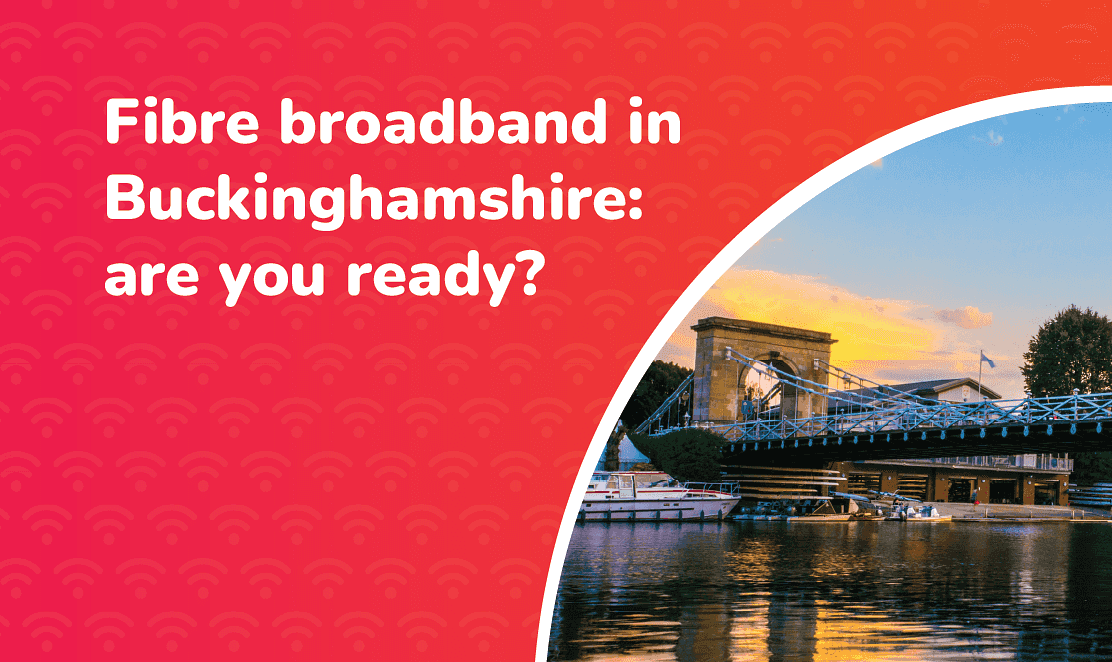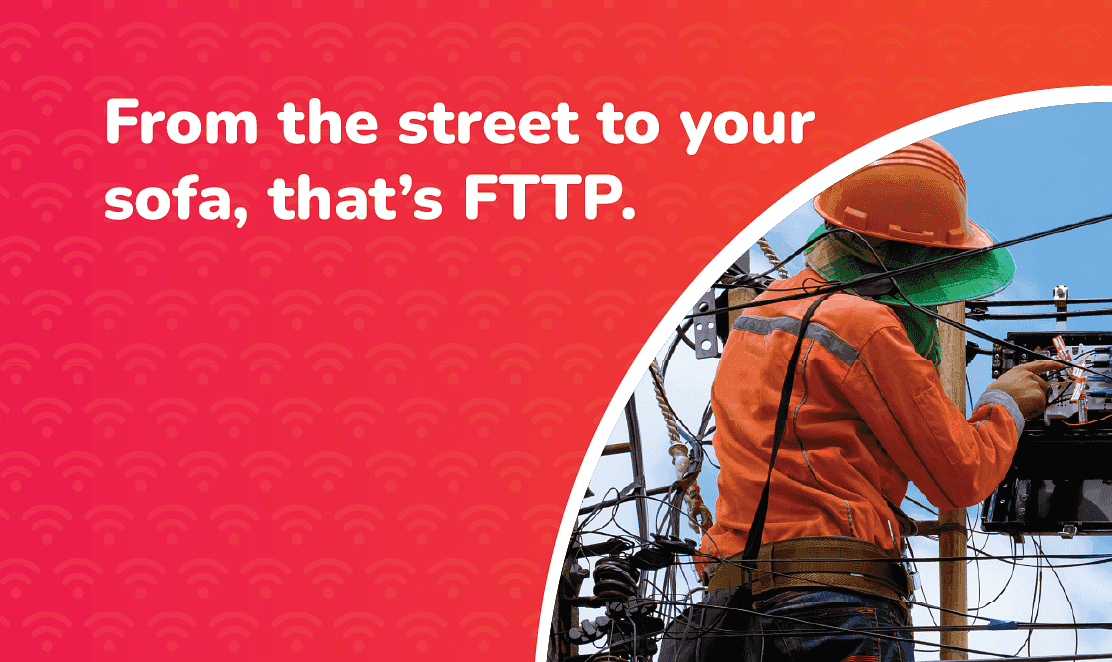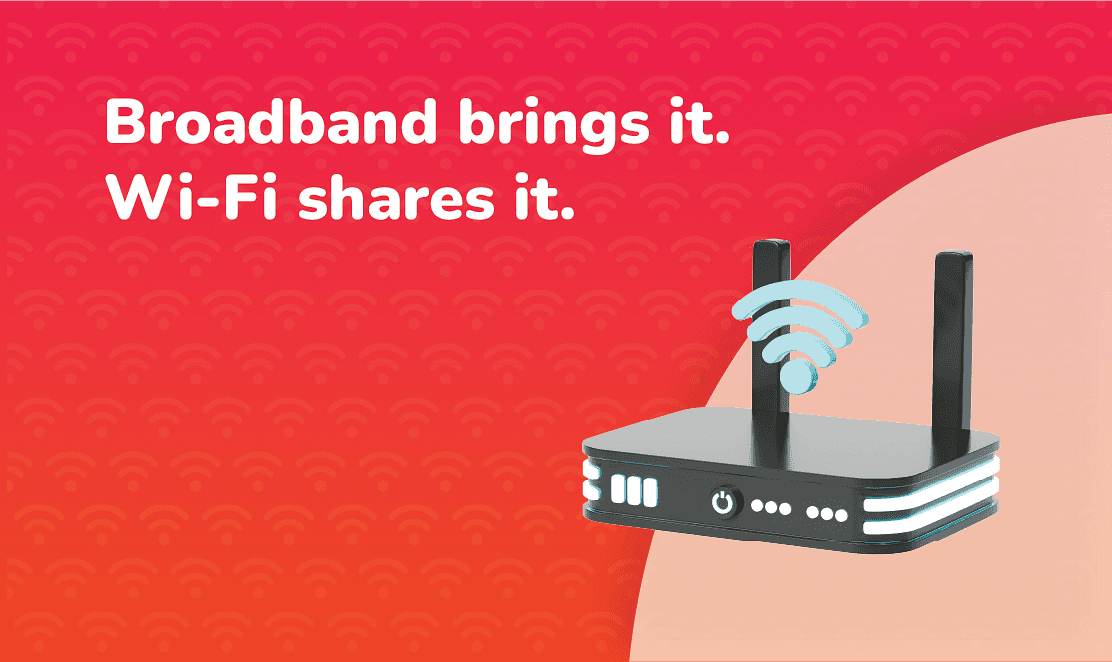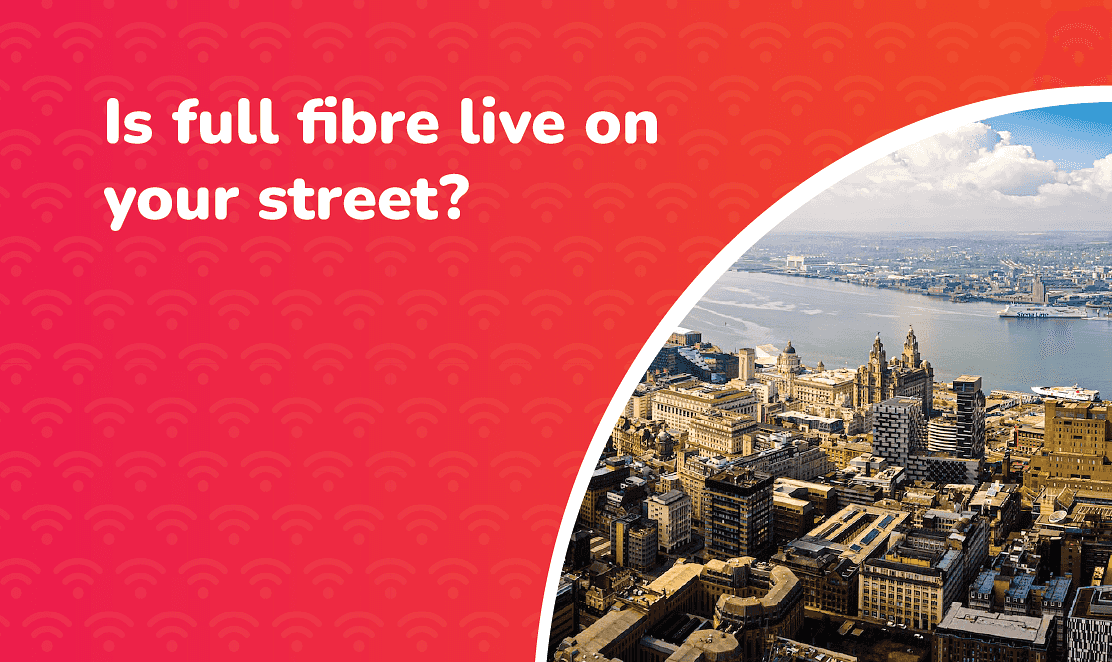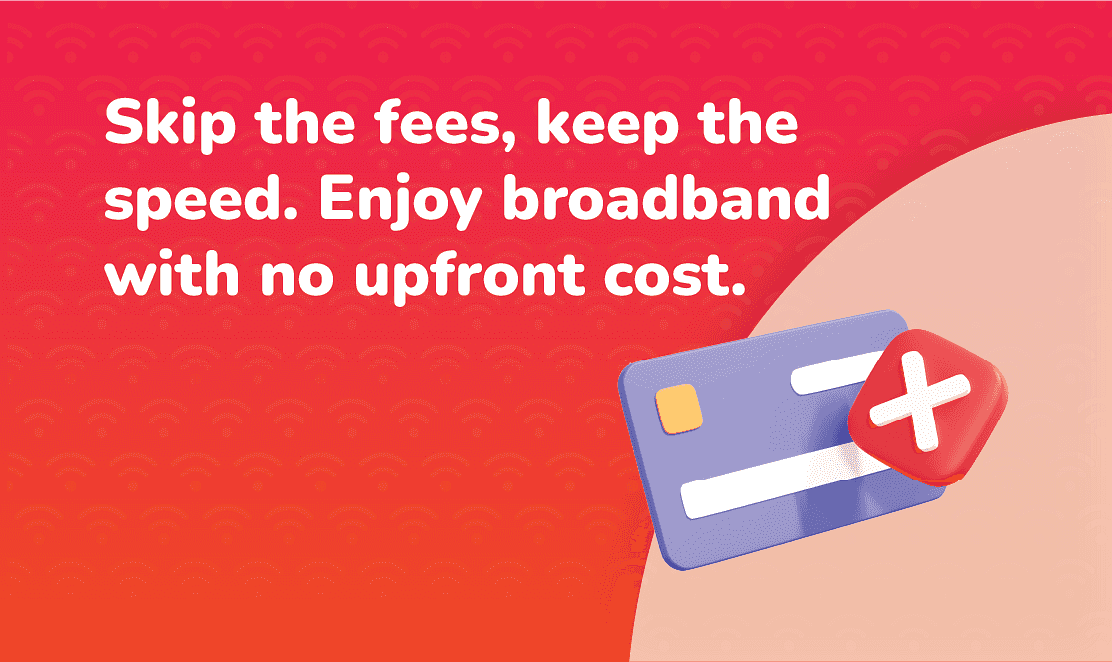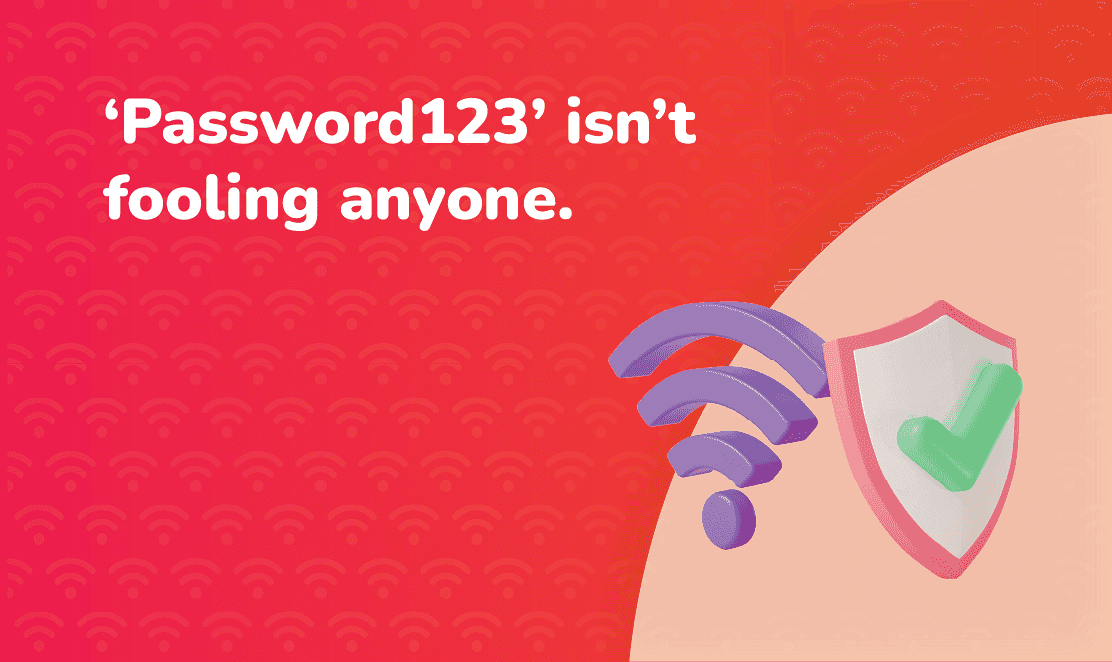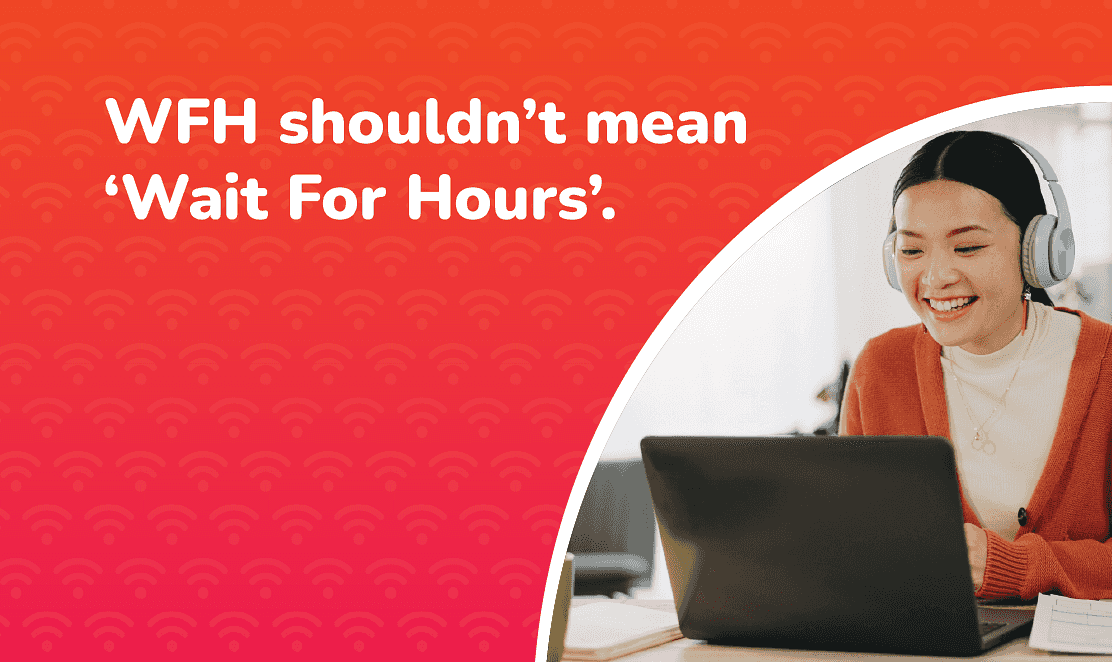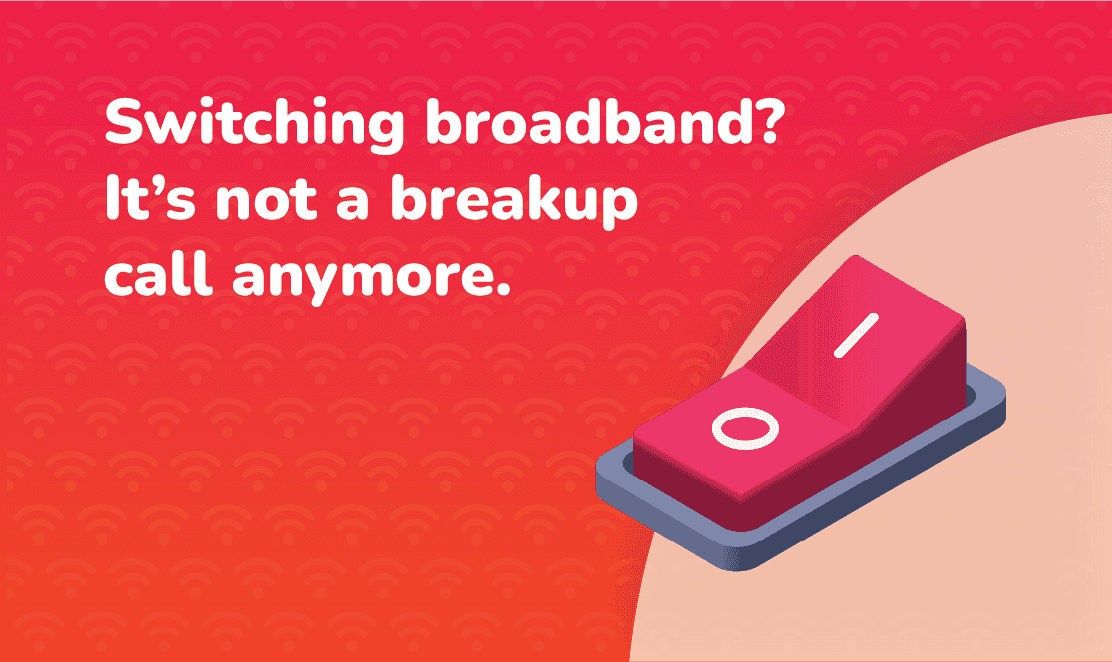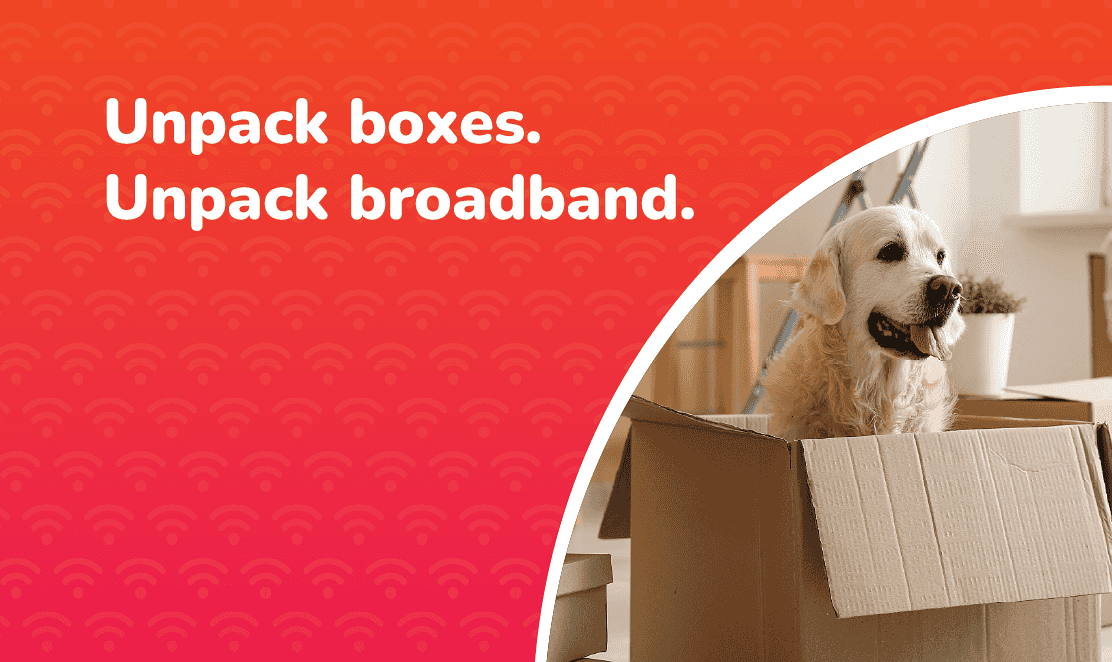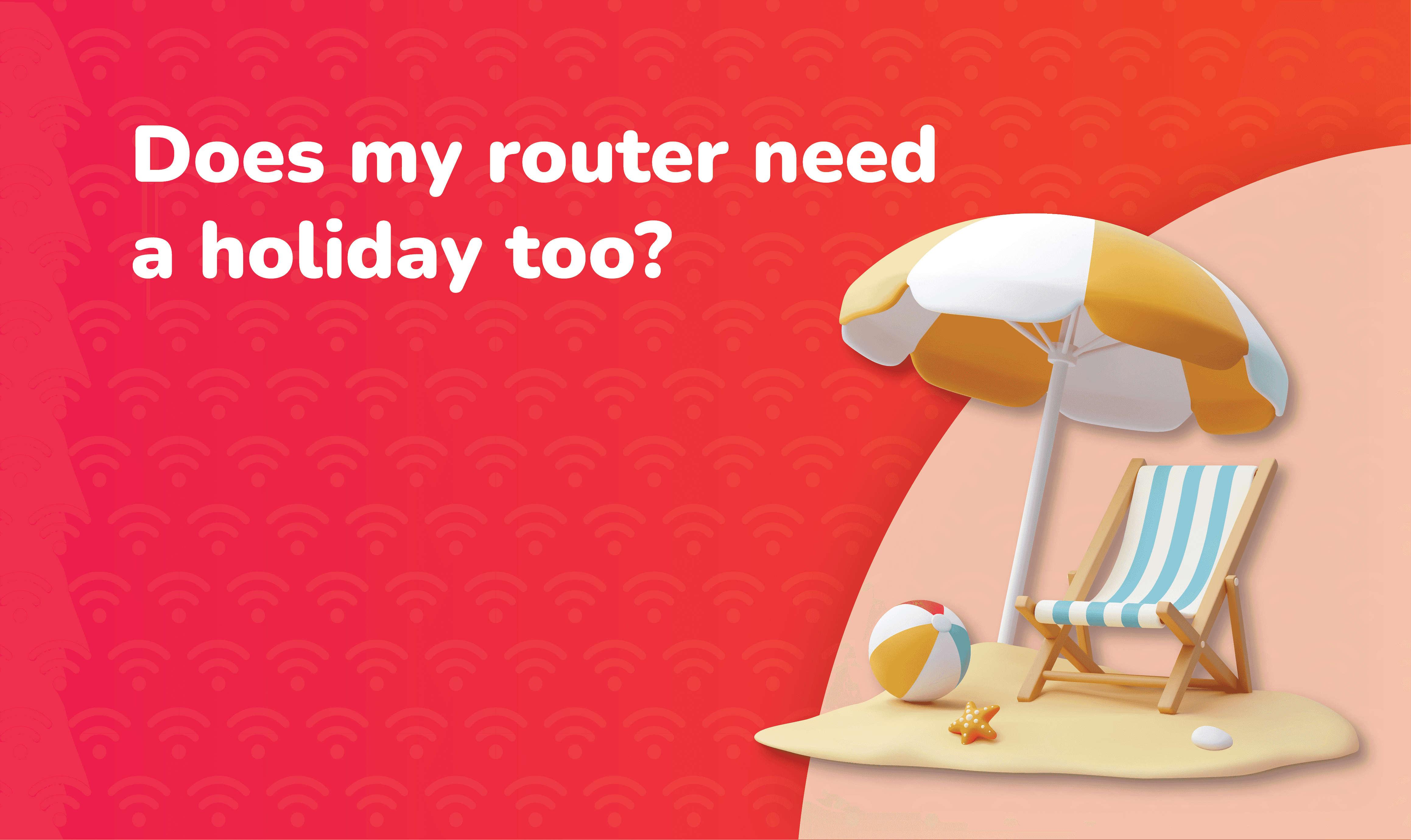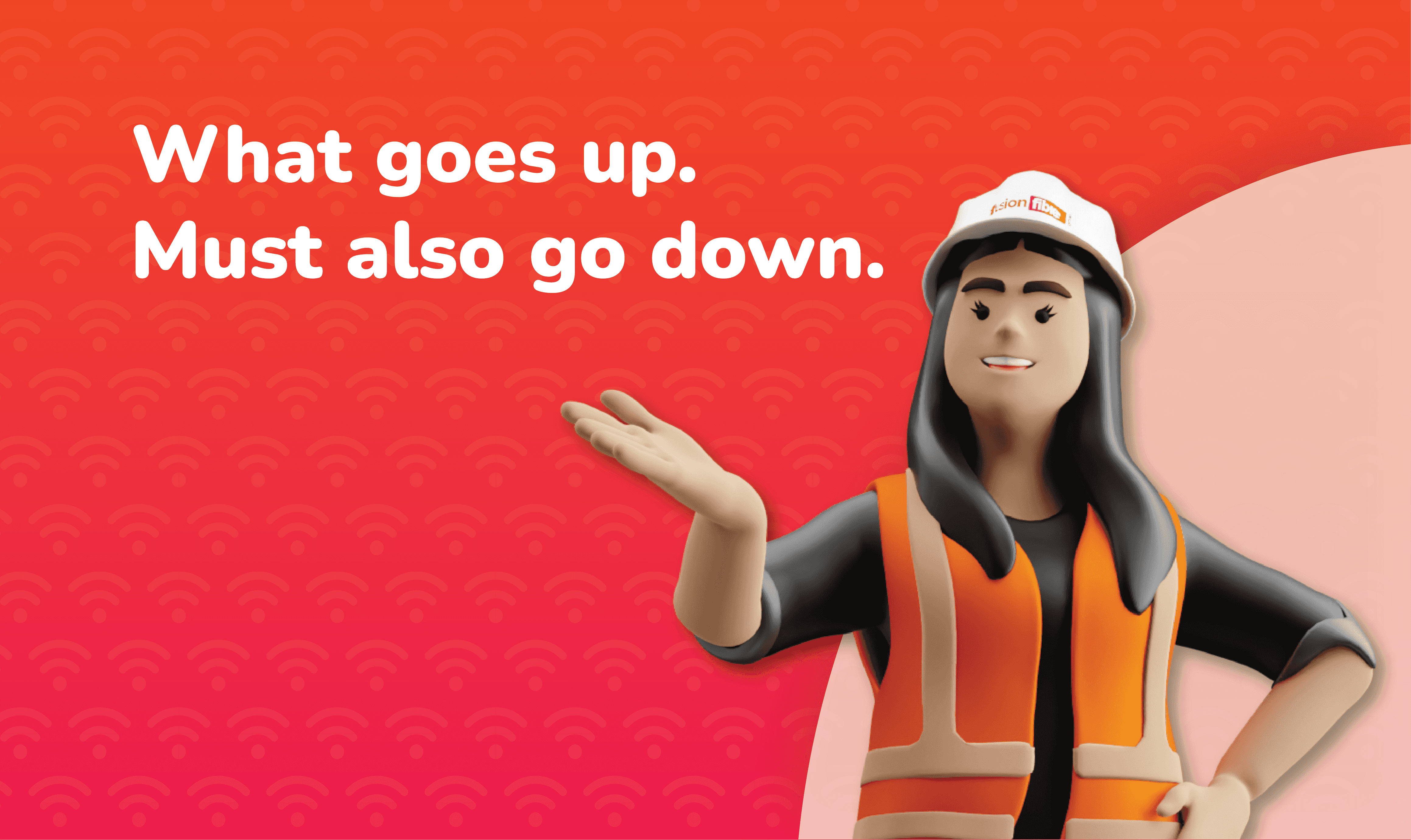Nothing is more frustrating than buffering during your favourite show or lagging mid-game. If you’ve been wondering why your broadband is slow, you’re not alone. Many UK households experience drops in speed caused by Wi-Fi interference, network congestion, or outdated equipment.
With these broadband troubleshooting tips for UK homes, we will explain the most common reasons your internet slows down and the simple fixes to get it back up to speed.
1. Check Your Current Broadband Speed
Before troubleshooting, it is important to know your actual speed. Run a quick test with our Broadband Speed Test to see your download, ping, download latency, and jitter results.
Compare your test results with the speeds promised in your broadband plan. If your speeds are consistently lower, it is a sign there may be an issue with your connection or setup.
2. Weak Wi-Fi Signal or Poor Placement
Wi-Fi performance drops when your router is blocked by walls, placed near thick furniture, or positioned too far from your devices. Read our guide to see what blocks your Wi-Fi signal.
How to Speed Up Wi-Fi at Home
- Move your router to a central, elevated position.
- Avoid placing it behind the TV or near metal objects.
- Switch off other electronic devices that might cause interference.
3. Too Many Devices Competing for Bandwidth
With smart TVs, phones, laptops, and consoles all online, your Wi-Fi can quickly get congested, especially during peak hours. Not sure what broadband bandwidth is? Find out more is our guide: What is Broadband Bandwidth?
You can also use our Broadband Usage Calculator to estimate how much speed your household really needs. If you are stretching your plan’s limits, upgrading to a full fibre broadband package can make a big difference.
4. Outdated Equipment
Older routers and modems may not support higher broadband speeds or modern Wi-Fi standards. You can try:
- Restarting your router to refresh the connection.
- Checking for firmware updates in your router’s settings.
- If your router is over 3–4 years old, consider replacing it.
5. Peak-Time Network Congestion
Internet speeds can dip during busy evening hours when many people in your area are streaming, gaming, or working online. This is more common on older copper networks (ADSL/FTTC) that share capacity.
Upgrading to FTTP (Full Fibre Broadband) gives you a direct fibre line, meaning no shared copper cables, faster speeds, and consistent performance, even at peak times.
Explore our Full Fibre Broadband Packages to find a plan that matches your speed needs.
6. Background Apps or Software Updates
Automatic updates, cloud backups, and background apps can quietly consume bandwidth. Check your devices for:
- Software updates downloading automatically
- Video calls or streaming apps left open
- Cloud services syncing large files
- Turn off or schedule heavy updates for off-peak hours.
7. External Factors (Outside Your Control)
Sometimes, slow internet isn’t caused by anything inside your home. Network maintenance, damaged cables, or local outages can all reduce performance temporarily. Check with your provider for known faults or maintenance updates.
When to Upgrade Your Broadband
If you have tried all the fixes and your internet is still slow, it is likely time to move to a faster, more reliable connection. Full fibre broadband offers:
- Ultrafast speeds (up to 900 Mbps)
- Greater reliability
- Low latency for gaming and video calls
- Smooth streaming on multiple devices
Gamers looking for an internet lag fix should check latency on our Broadband Speed Test.
For an estimate of what broadband speed you need, use Broadband Usage Calculator before exploring Fusion Fibre Group’s ultrafast broadband packages.
Frequently Asked Questions
Why is my internet slow at night?
Evening hours are peak usage times. Upgrading to full fibre broadband eliminates congestion caused by shared copper lines. Check your postcode with our Full Fibre Broadband Availability Checker.
Will a new router make my internet faster?
Yes, a modern router can handle higher speeds and provide stronger Wi-Fi coverage, especially on full fibre connections.
How can I test my internet speed accurately?
Use the Fusion Fibre Group Speed Test while connected via Ethernet and close background apps for the most accurate results.
Is it worth upgrading to full fibre broadband?
Absolutely. Full fibre is faster, more reliable, and future-proof, ideal for streaming, gaming, and busy homes. To see if full fibre is available near you, pop your postcode into our Full Fibre Availability Checker.


 No image Big Thumb
No image Big Thumb 

